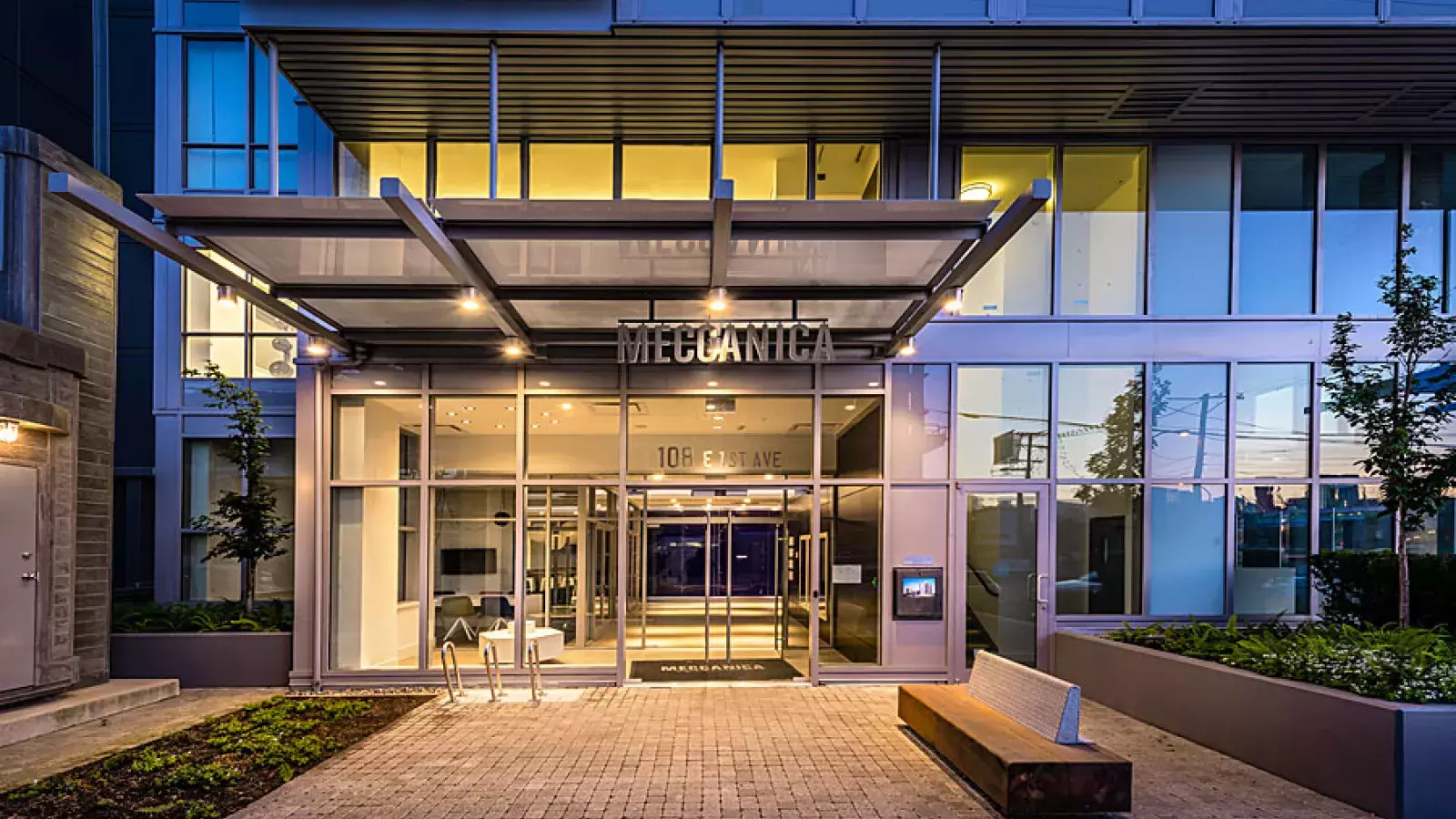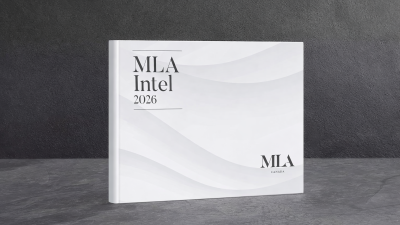You may have heard the term “LEED Certified Building” and understand that LEED has something to do with a level of environmental construction standards. But what does that actually mean and should it be important to you?
LEED stands for Leadership in Energy & Environmental Design and is the most recognized and widely used rating system in the world. It was developed as a global benchmark for green high-performance commercial, residential, institutional and industrial buildings. LEED offers benchmarking in 5 categories;
- Building Design and Construction,
- Interior Design and Construction,
- Building Operations and Maintenance,
- Neighborhood Development, and
- Homes.
Benefits of a LEED certified home
In accordance to the Canada Green Building Council, a LEED certified home may offer benefits such as:
- Lower monthly costs through energy efficiency
- Better indoor air quality
- Better resale value
- Greater durability
- Peace of mind
Are all LEED certifications created equally?
The short answer is no. The LEED benchmarking program gives a rating system and scorecard for each of the categories mentioned above. The numbers are combined to determine what level of certification a building has obtained.
There are four levels of certification that can be obtained by a project. Depending on the number of total points calculated on the score card a project can be LEED rated Certified (40-49 points), Silver (50-59 points), Gold (60-79 points) or Platinum (80+ points). That means even within a LEED Gold building for instance, one building could have rated exceptionally high in Building Design and Construction where another could have rated exceptionally high in Neighbourhood Development even though the total score could be very similar.
If a building is not LEED certified does that mean it’s not green or does not meet the minimal requirements of LEED?
Again the answer is no. Many Developers understand the importance of developing a green building and have taken steps to be environmentally friendly and use green practices, materials, etc. Some municipalities have started to mandate LEED standards, for instance, in the city of Vancouver all new buildings on rezoned sites now have to be built to LEED Gold standards. However, LEED certification is not mandatory. The registration and certification fees coupled with the time and energy that it takes to move through the LEED application process is often not a priority for home builders and so although they build to LEED standards, they do not pursue actual certification.
As LEED designed buildings are becoming more prevalent in our Cities’ landscapes and green initiatives are becoming more in demand, consumers should remember to take time to understand what Developers mean by “LEED Certified”. Ask your builder, salespeople and Realtors questions about what the developer’s practices are. Furthermore, decide for yourself what you want out of a green building and whether official LEED certification is important to your purchasing decision.



